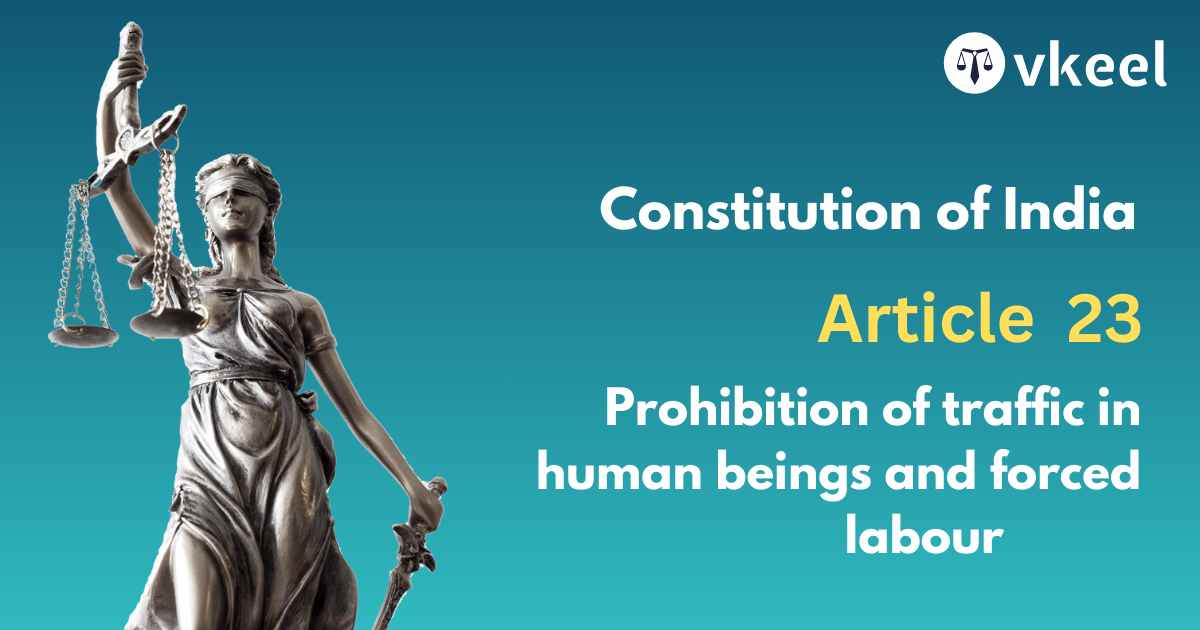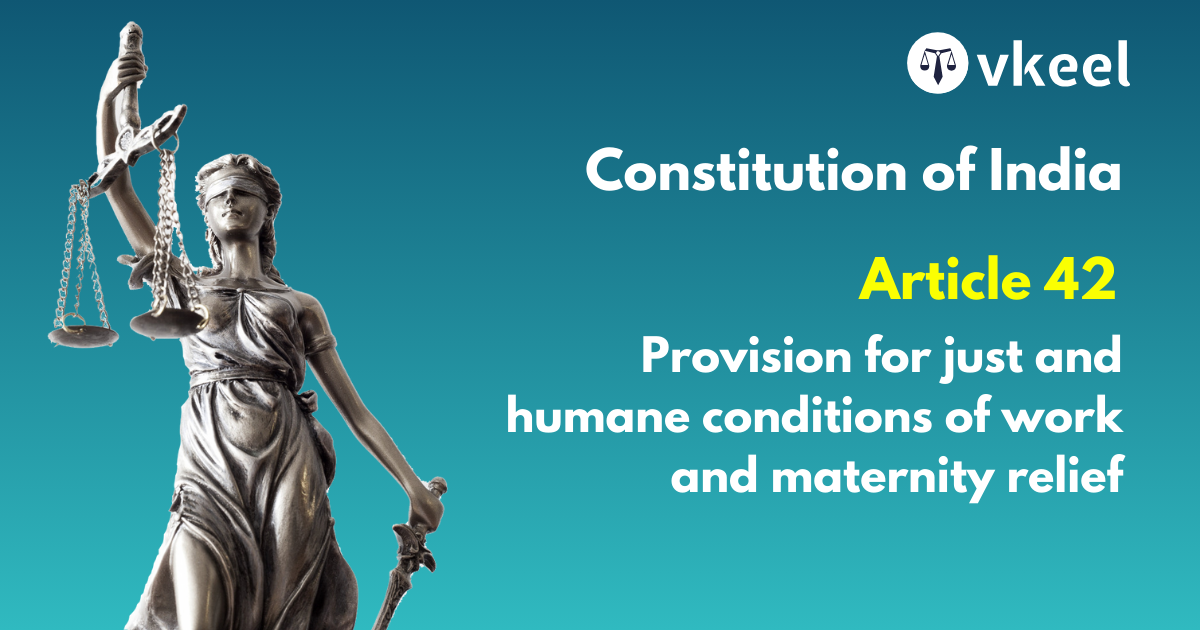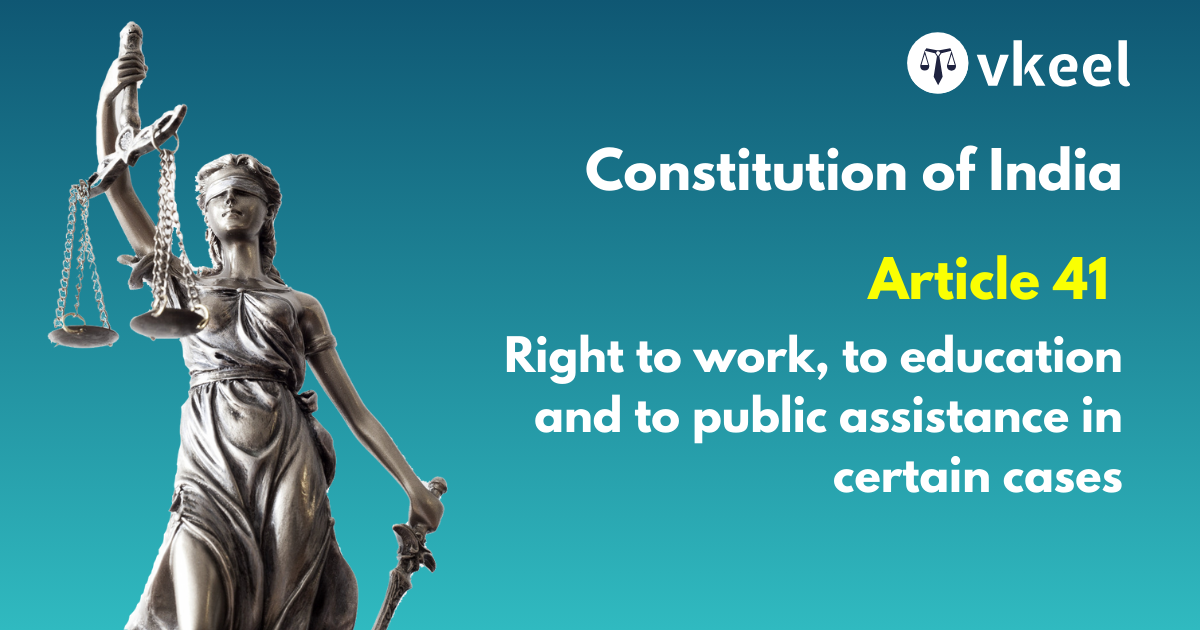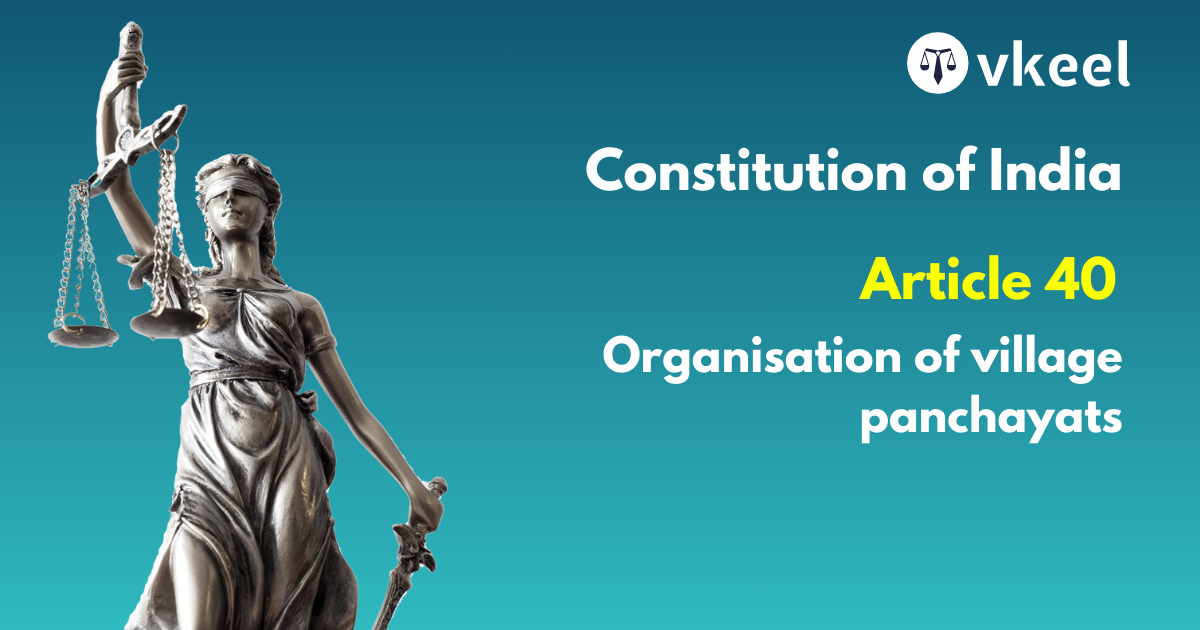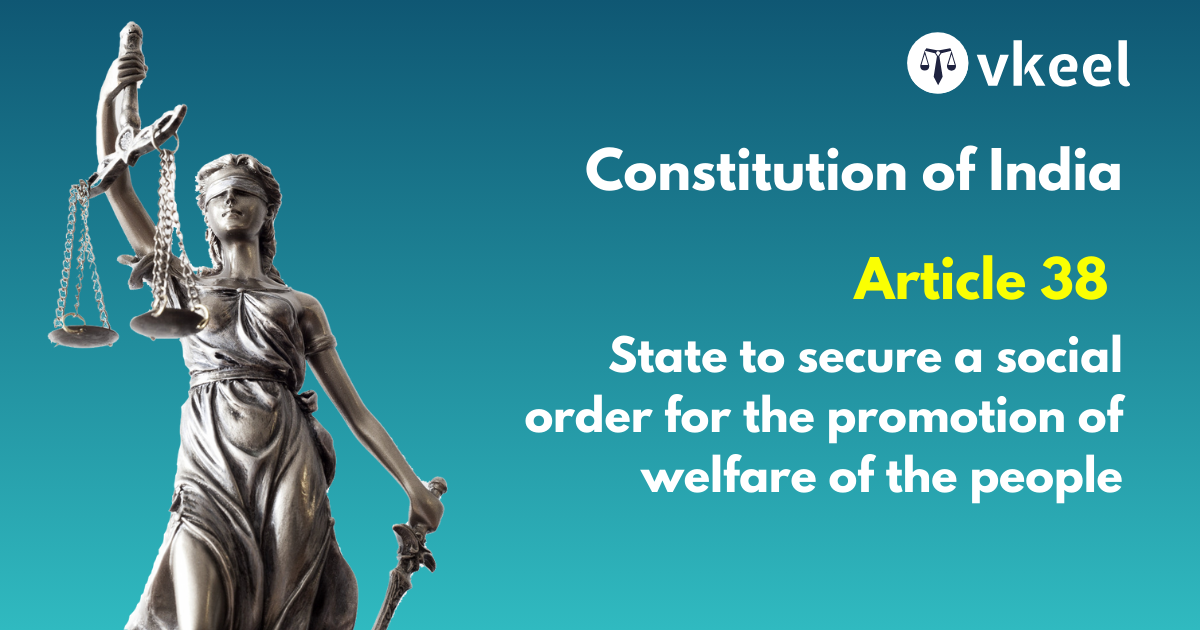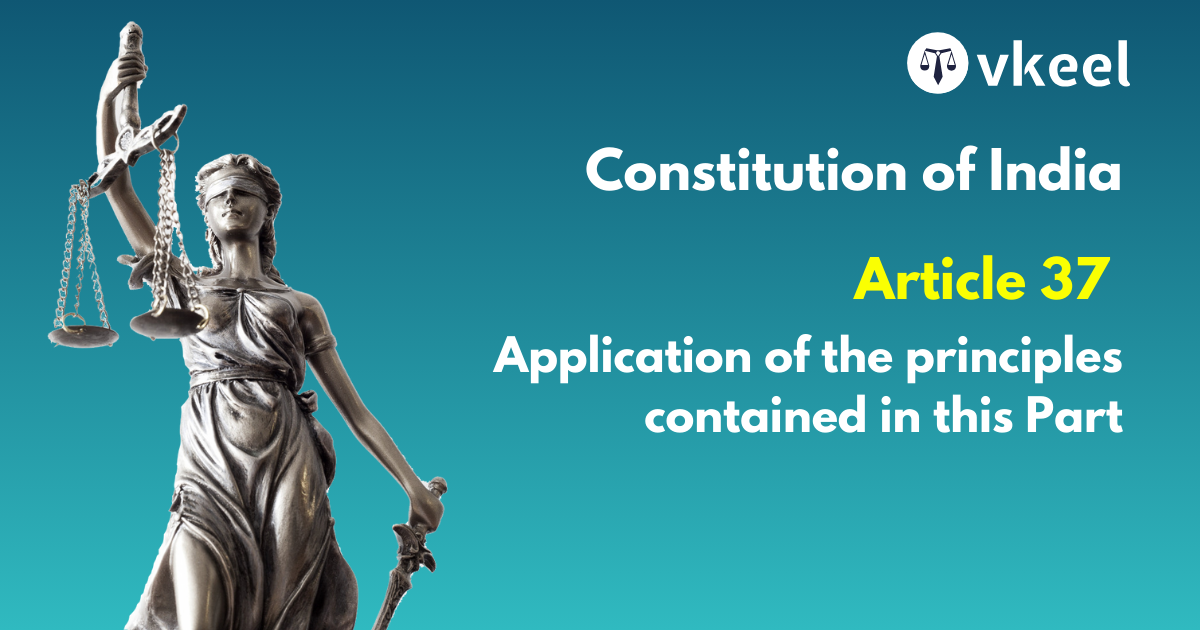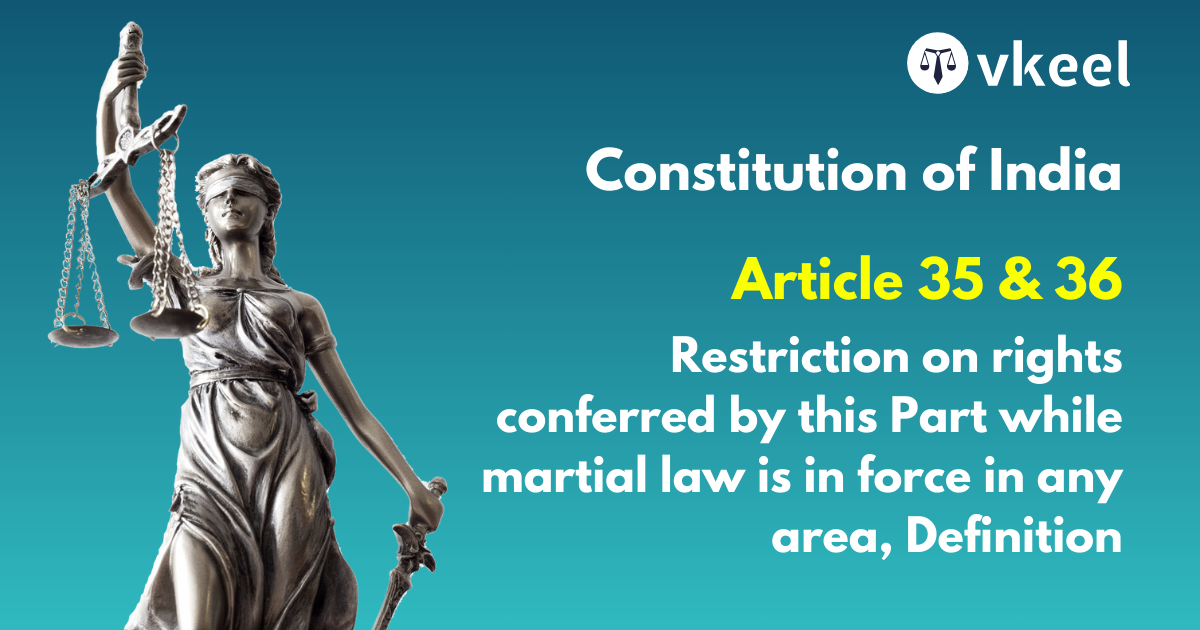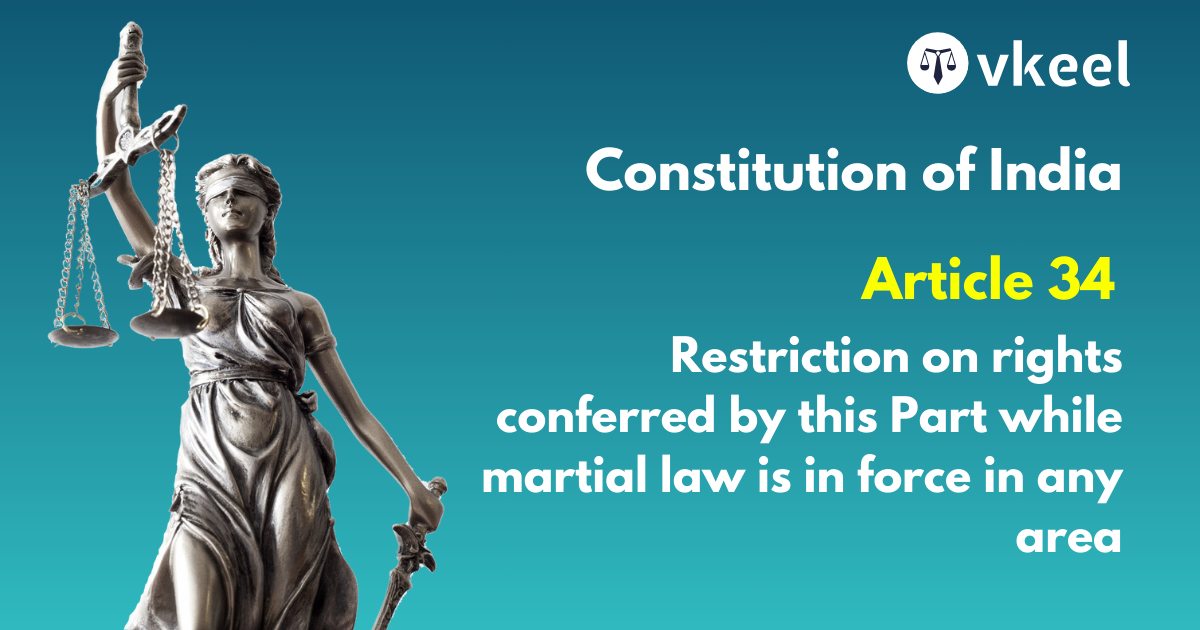Article 23 Prohibition of traffic in human beings and forced labour
By Vanshika Saini
Table of Contents
Introduction
The fundamental essence of the article 23 of the Indian Constitution focuses on the prohibition of the forced labour in the country.
The use of the word force in the aforesaid article of the Constitution construes that it not only extends till the ambit of physical force but also the economic forces thereof.
The situation wherein any person is paid below the prescribed remuneration entailed within the minimum wages act, the labour is deciphered to be forced labour within the purview of the aforementioned article.
Article 23 of the Constitution
Prohibition of traffic in human beings and forced labour.—
(1) Traffic in human beings and begar and other similar forms of forced labour are prohibited and any contravention of this provision shall be an offence punishable in accordance with law.
(2) Nothing in this article shall prevent the State from imposing compulsory service for public purposes, and in imposing such service the State shall not make any discrimination on grounds only of religion, race, caste or class or any of them.
Landmark Judgements
People’s Union for Democratic Rights Vs Union of India, 1982
The person whose fundamental right is violated can always approach the court for the purpose of enforcement of his fundamental right, but that cannot absolve the State from its constitutional obligation to see that there is no violation of the fundamental right of such person, particularly when he belongs to the weaker section of humanity and is unable to wage a legal battle against a strong and powerful opponent who is exploiting him.
State of Gujarat Vs Hon’ble High Court of Gujarat
Putting a prisoner to hard labour while he is undergoing a sentence of rigorous imprisonment awarded to him by a court of competent jurisdiction cannot be equated with “begar” or “other similar forms of forced labour” and there is no violation of clause (1) of article 23 of the Constitution. Clause (2) of article 23 has no application in such a case. The Constitution, however, does not bar a State, by appropriate legislation, from granting wages (by whatever name called) to prisoners subject to hard labour under the courts’ orders, for their beneficial purpose or otherwise.
MC Mehta Vs State of Tamil Nadu, 1991
Economic necessity forces grown up children to seek employment. Children can, therefore, be employed in the process of packing but packing should be done in an area away from the place of manufacture to avoid exposure to accident. Minimum wage for child labour should be fixed. The tender hands of the young workers are more suited to sorting out the manufactured product and process it for the purposes of packing. In consideration of their special adaptability at least 60 per cent of the prescribed minimum wage for an adult employee in the factories doing the same job should be given to them. Indication of the minimum wage does not stand in the way of prescription of a higher rate if the State is satisfied that a higher rate is viable. It is necessary that special facilities for improving the quality of life of children should be provided. This would require facility for education, scope for recreation as also providing opportunity for socialisation. Facility for general education as also job oriented education should be available and the school time should be so adjusted that employment is not affected. There should be instituted a Child Labour Rehabilitation Welfare Fund and the offending employer should be required to deposit Rs. 20,000 in that Fund.
Gaurav Jain Vs Union of India, 1997
In the Juvenile Justice Act, 1986 “prostitution” means the sexual exploitation or abuse of persons for commercial purposes and the expression “prostitute” shall be construed as it is defined under section 2(f) of the ITP Act. After the amendment to the ITP Act, “prostitution” means sexual exploitation or abuse of person for commercial purpose. Therefore, prostitution is not confined as in the ITP Act, to offering of the body to a person for promiscuous sexual intercourse. The word “abuse” has a very wide meaning-everything which is contrary to good order established by usage amounts to abuse. Physical or mental maltreatment also is an abuse. “Public place” means any place intended for use by, or accessible to the public and includes any public conveyance. It is not necessary that it must be public property. Even if it is a private property, it is sufficient that the place is accessible to the public. It must be a place to which the public, in fact, resorts or frequents.
S. Vasudevan Vs S.D. Mittal, 1962
Article 23(1) prohibits (i) traffic in human beings, (ii) begar, and (iii) other similar forms of forced labour. It would be seen that every form of forced labour is not prohibited by the clause. In fact, clause (2) of article 23 permits the State to impose on the citizens compulsory service for public purposes. What is prohibited by the first clause is imposing on the citizens forced labour which is similar in form to begar. It is true that begar is not defined but it is a well-understood term which means making a person work against his will and without paying any remuneration therefor. Prohibition against “forced labour” is made subject to one exception, i.e., the State is permitted to impose compulsory service if such service is necessary for a public purpose. Otherwise the ban against forced labour is also absolute. The expression “forced labour” seems to be collocated with the word “begar”.
Conclusion
Therefore to conclude the aforesaid provision of the Constitution of India, the present provision aims to curb the evil of prostitution in the country, and thereby prohibit the trafficking in human beings.
The one characteristic of the human life, which had been ugly and shameful on the part of wrongdoers, cried for urgent help and attention in the country by which heated debates were followed, thereafter blessing the constitution with the aforementioned provision.
Disclaimer:
The information provided in the article is for general informational purposes only, and is not intended to constitute legal advice or to be relied upon as a substitute for legal advice. Furthermore, any information contained in the article is not guaranteed to be current, complete or accurate. If you require legal advice or representation, you should contact an attorney or law firm directly. We are not responsible for any damages resulting from any reliance on the content of this website.

